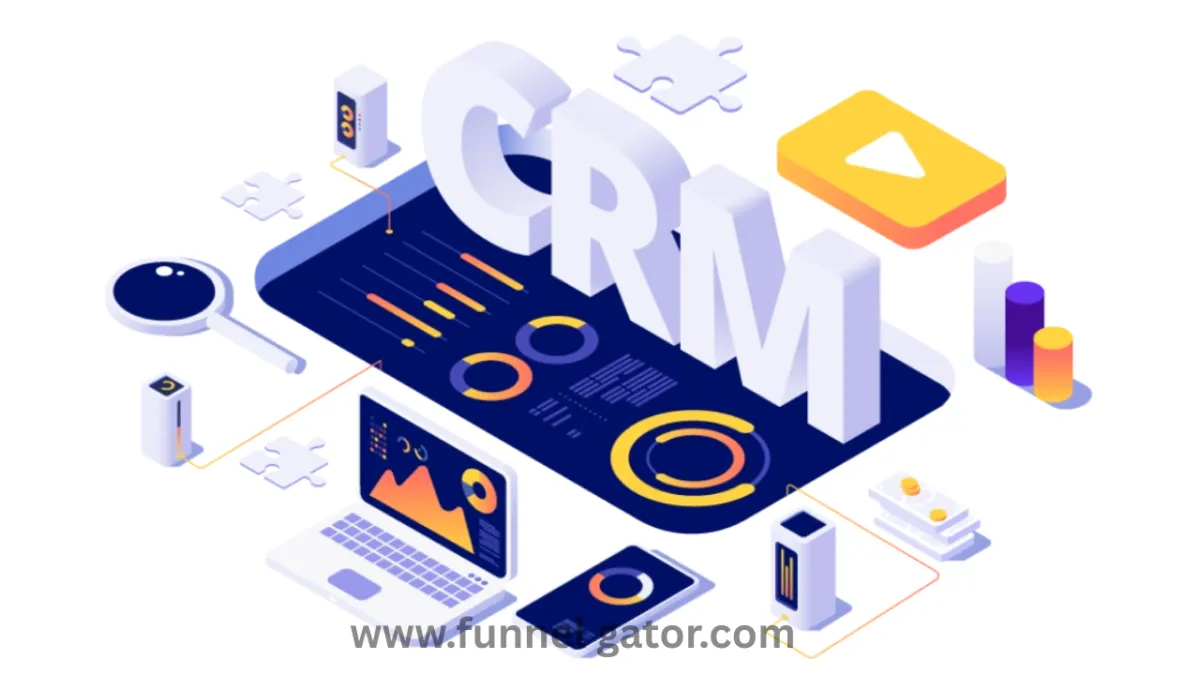
The Ultimate Guide to CRM Development: What It Is, Why It Matters & How to Get It Right
In today’s fast-paced digital world, building strong, lasting relationships with your customers isn’t just nice—it’s necessary. Whether you’re running a startup, a growing e-commerce brand, or a large enterprise, investing in CRM development can be the game-changer your business needs.
But what exactly is CRM development, and why should you care?
Let’s break it down in plain, simple language.
🤔 What is CRM Development?
CRM stands for Customer Relationship Management, and CRM development refers to the process of building a custom software system that helps businesses manage customer interactions, streamline processes, and boost profitability.
Think of a CRM as your digital Rolodex, but way smarter. It tracks every interaction your team has with leads, customers, and even past clients—emails, calls, chats, purchases, support requests, and more.
And when it's custom-developed, it works exactly the way your business works. No more forcing your team to use a clunky, one-size-fits-all system.
💡 A Quick Anecdote
Let me tell you a story.
Sarah runs a small but fast-growing online boutique. Her team used spreadsheets and sticky notes to keep track of customer orders and inquiries. But as sales increased, they started missing follow-ups, repeating mistakes, and frustrating loyal customers.
Then Sarah decided to invest in custom CRM development. She worked with a developer to create a tool tailored to her unique business flow. The results?
Within three months, customer complaints dropped by 40%, and repeat sales jumped by 25%. Why? Because her CRM helped her team deliver timely, personalized experiences.
🛠️ Why You Should Consider Custom CRM Development
You might be wondering: why not just buy an off-the-shelf CRM like HubSpot or Zoho?
Well, here’s the thing.
While ready-made CRMs work for many, custom CRM development offers some unbeatable advantages:
Tailored features: You get what you need—nothing more, nothing less.
Seamless integration: Connect it with your existing tools (like your ERP, email, or inventory systems).
Scalability: As your business grows, your CRM can evolve too.
Data ownership: You control your customer data, not a third party.
Better team adoption: Your team loves using tools that fit their workflow.
📋 Step-by-Step Guide to Successful CRM Development
Now let’s walk through how you can get started with CRM development—step by step.
1. Define Your Goals
Ask yourself:
What problems are you trying to solve?
Do you want to improve sales tracking, automate emails, or manage support tickets?
Write everything down. This will shape the entire development process.
2. Map Out Your Customer Journey
Think about how a customer interacts with your business—from the first visit to their latest purchase. Map out each touchpoint. Your CRM should support and enhance this journey.
3. Choose the Right Tech Stack
Will you build a web-based CRM? Should it work on mobile too?
Popular technologies include:
Frontend: React, Vue.js
Backend: Node.js, Laravel, Django
Database: MySQL, PostgreSQL, MongoDB
If you're unsure, talk to a CRM development expert who can guide you.
4. Start With an MVP (Minimum Viable Product)
Don’t build everything at once. Start with the core features:
Contact management
Lead tracking
Email integration
Task reminders
You can always add more features later.
5. Test & Train
Before launch, test everything thoroughly. Also, train your team! The best CRM in the world is useless if no one knows how to use it.
6. Get Feedback & Improve
After launch, gather user feedback. See what’s working—and what’s not. Use this info to iterate and improve.
🔎 Key Features to Include in Your CRM Software
Not sure what your CRM should include? Here are some must-haves:
Contact management
Sales pipeline tracking
Email & SMS automation
Task & activity management
Reporting & analytics
Mobile access
Third-party integrations
Each of these helps you save time, stay organized, and sell smarter.
🌍 Industries That Benefit Most from CRM Development
While almost any business can use a CRM, here are some industries that thrive with custom CRM solutions:
Real estate
E-commerce
Healthcare
Travel agencies
Financial services
Education and training companies
Custom CRMs can even help nonprofits track donors, volunteers, and campaigns.
✅ Why You Can Trust in Custom CRM Development
Here’s the truth: every business is different. And your CRM should reflect that.
With custom development:
You’re not paying for features you’ll never use.
You’re not stuck with a rigid UI.
You’re building a tool designed for your success.
And the best part? It grows with you.
💬 Final Thoughts
At the end of the day, CRM development isn’t just about software—it’s about relationships. Stronger customer relationships lead to better business results. Period.
So whether you're just starting or scaling fast, investing in custom CRM software development can be the best decision you make for your team and your customers.
“Take care of your customers, and they'll take care of your business.” – This timeless advice becomes a lot easier to follow when you have the right CRM system by your side.
📣 Ready to Build Your Own CRM?
If you're serious about leveling up your customer management game, don’t wait. Talk to a trusted CRM development company or hire freelance CRM developers who understand your industry.
Your perfect CRM is just a step away. Build it right, and your customers will thank you for it—over and over again.